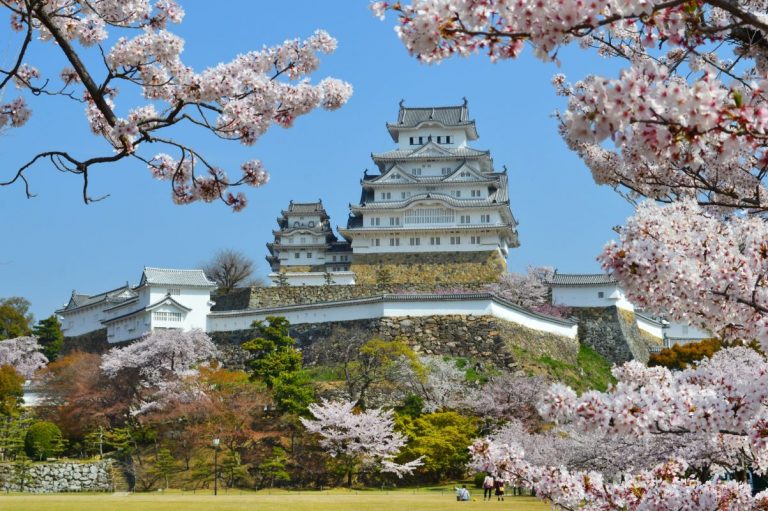The yasukuni shrine is a Shinto shrine founded in 1869 under orders of the Emperor Meiji. After the postwar period, the shrine was dedicated to the souls of 2.5 million of men, women and children who died for their country. However, the sanctuary also contains the remains of soldiers, nurses and students who fought or committed suicide after being defeated in the Second World War. However, the shrine has been the center of controversy with China, South Korea and North Korea whenever a Japanese prime minister or politician visits it. Why?
The origin of the controversy is that among the people to whom the sanctuary is dedicated are fourteen war criminals, including the general and prime minister Hideki Tojo, who was executed for his crimes in 1948. According to the Shinto religion, humans transform into kamis, who are divine beings, and therefore are worshiped by their descendants. Its altars are surrounded by flags and military decorations, and each year they are venerated by thousands of visitors. For far-right groups in Japan, Yasukuni represents a patriotism symbol. That is why the sanctuary is frequently in the midst of great controversies at the domestic and international level. There have been several debates in the Japanese parliament to remove the altar to General Tojo, but ultra-nationalist groups have opposed it. A high point is repeatedly reached on August 15, the date on which Emperor Hirohito capitulated.
Visits from senior political leaders began with Yasuhiro nakasone in 1985, and they continued sporadically with the prime minister Ryutaro Hashimoto in 1996. However, recently such visits have become more frequent, including those of Junichiro Koizume six times, and recently the visit of the current prime minister Shinzo Abe on December 26, 2013.
The arguments by which China, South Korea and North Korea oppose the visits is that these countries were victims of the japanese imperialism in the first half of the 20th century. The Yasukuni Shrine controversy adds to the non-recognition of the atrocities that Japan committed during World War II, including the subjection of thousands of Korean women to prostitution, territorial disputes of the Senkaku / Diaoyu or Dokdo / Takeshima islands and the use of chemical weapons against civilians. These acts are rarely mentioned in textbooks, and there has never been a public apology from the Japanese government.
Shinzo Abe, belongs to the Liberal Democratic Party, with a nationalist tendency, and affirms that the condemnations of Japan in the post-war period were drawn up by the victorious countries, thus putting aside the accusations of neighboring countries. His grandfather, Nobusuke Kishi he was arrested by the United States on suspicion of being a war criminal, although he was later released without charge. Even now Abe is trying to reform the constitution to allow, among other things, the creation of a fit army, which currently does not exist in Japan.
Liu Jieyi, China’s ambassador to the United Nations, condemned the acts of Shinzo Abe, arguing that with his visit “he tries to alter history, destabilize regional peace and represents a challenge for humanity’s path to peace.” Liu’s condemnation was joined by that of South Korea, recalling the exploitation of thousands of South Korean women. The United States also criticized the visit, albeit in a more reserved way.


